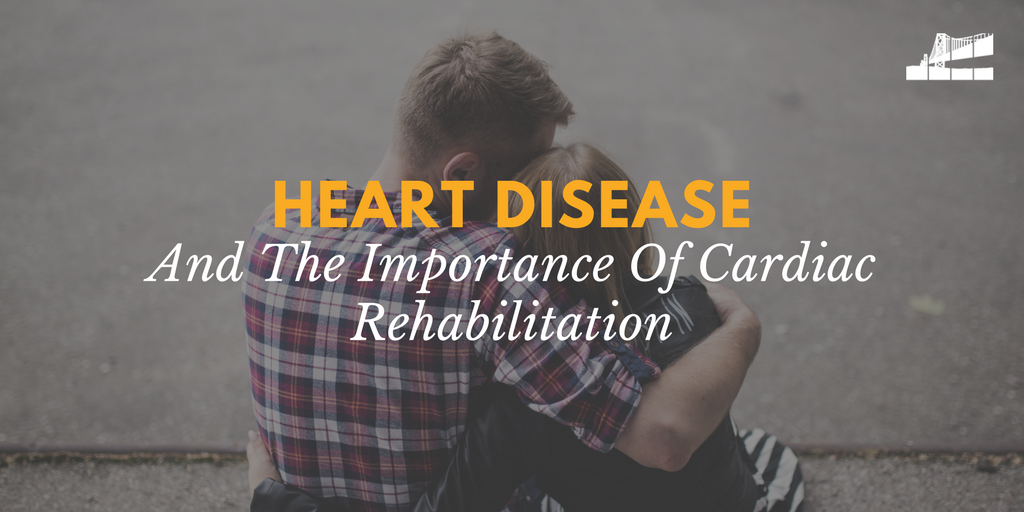You love your family and friends, and you love being healthy as well, so take some time to care for your heart this Valentine’s Day.
Heart disease remains the number 1 cause of death in the U.S. While it is important to know the steps involved in preventing heart disease, it’s also worth exploring how to treat heart disease when it does hit.
For these reasons, the American Association of Cardiovascular and Pulmonary Association (AACVPA) celebrates the National Cardiac Rehabilitation Week, February 11th through the 17th. This observance week hopes to draw attention to the importance of cardiac rehabilitation and its role in preventing the potentially devastating effects of heart disease.
Cardiac rehabilitation is a medically supervised program that helps patients recover and improve their overall physical health. The programs include exercise training, education on heart-healthy living, healthy lifestyle skills, and some even include counseling to reduce stress.
While cardiac rehabilitation is usually thought as a preventative step against heart disease, the AACVPR stresses the importance of having a program even when already diagnosed with heart disease. The goal of cardiac rehabilitation is to stabilize, reduce, or even reverse the effect of heart disease.
What To Expect From A Cardiac Rehabilitation Program
If you suffer from heart failure or heart disease, you might be wary of taking part in any program that requires too much effort. But, cardiac rehabilitation programs know this, so they strive to be as adaptive and helpful to you as possible. Here are some things you can probably expect from a cardiac rehabilitation program:
A medical evaluation to measure your needs and limitations.
A personalized physical activity program that takes your needs and limitations into account.
Counseling and education in the form of counseling sessions to help you understand your condition and how to manage it.
Support in returning to work or to your everyday activities
Lessons on modifying risk factors through diet, nutrition, and medications.
Who To Count On?
Getting better, or even just managing your heart disease, can seem like a very lonely task. But, when you’re undergoing cardiac recovery, you are most definitely not alone! You will have a big team of medical staff at your disposal. Not to mention, your family and your friends.
A primary care doctor for routine care
A cardiologist, or heart doctor, who will help treat your heart problems
Clinical nurse specialists or nurse practitioners, and physician assistants to give care and perform tests and provide information
Physical and occupational therapists to assist with physical and skill-related rehab
Dietitians to teach heart-healthy eating and help develop meal plans
Mental health professionals to counsel you and your family members on emotional aspects of managing heart failure
Social workers and case managers to help with legal and financial advice
Pharmacists to fill prescriptions and help you better understand your medications
You and your loved ones because each step you take is an investment in your healthiest life
Life After Cardiac Rehab
When you’re living with heart disease, the rehabilitation is never completely over. Sure, your clinical rehab will end, but then it will be up to you to continue the diet and exercise plan detailed for your continued health. It’s very important to follow these instructions, even if they are challenging. This is why the American Heart Association hosts a big support network so that you can always have someone to count on and people who truly understand what you are going through.
Not sure what steps to take in order to receive cardiac rehab or after a heart disease diagnosis? Contact us and ask about your options!

